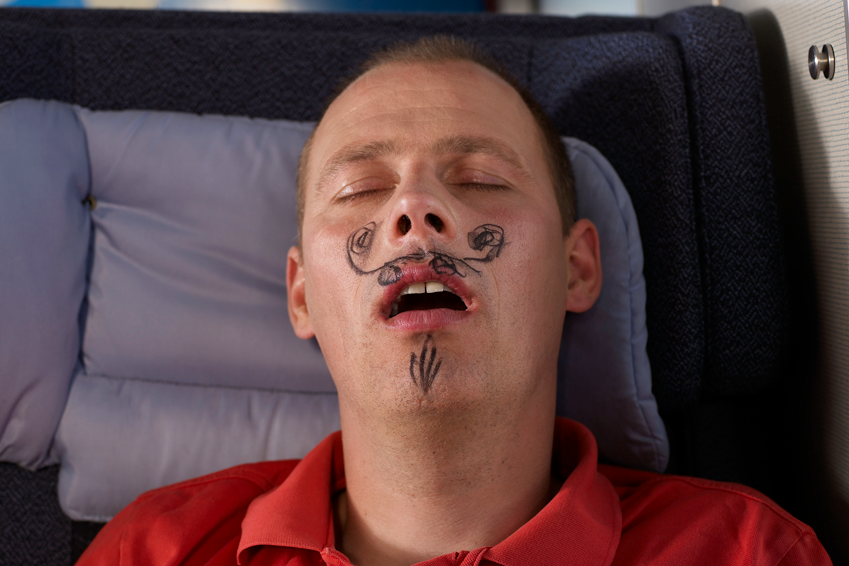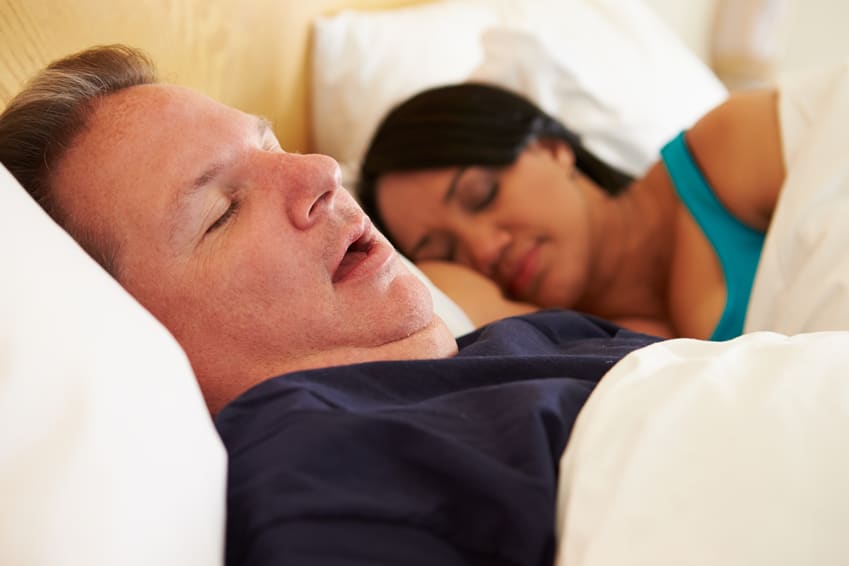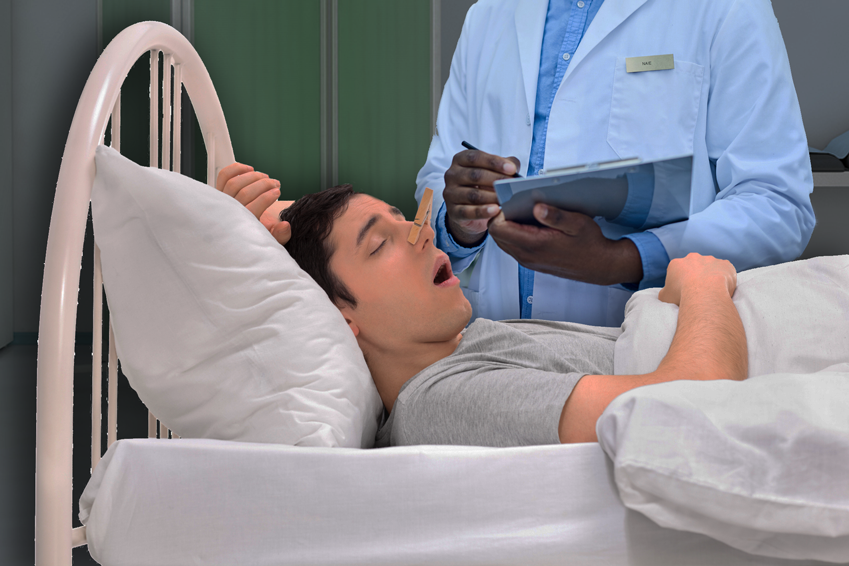A recent study demonstrates the elevated incidence of dental erosion and decay in mouth-breathers.
A study by researchers from University of Otago, Dunedin, New Zealand, published in the Journal of Oral Rehabilitation made this illuminating discovery.
OMG! How does this happen?

It’s not a secret that dry mouth, also known as xerostomia, can be an inconvenient and uncomfortable condition. But it’s still quite common. It can be caused by sleeping habits, certain medications, or even something as simple as a stuffy nose that forces you to breathe through your mouth. It can also have a real impact on your dental health in addition to being a nuisance. Here’s three reasons why a dry mouth can damage your teeth…
1. The bacteria in your mouth
Everyone’s teeth come under attack from the bacteria that live inside the mouth. These bacteria are especially active after you eat sugar or starchy, high-carb foods such as white bread. When these harmful bacteria digest sugars or starches, they create corrosive acids.
As you can imagine, having these bacteria and the acids they produce sitting on your enamel isn’t good for your teeth. The acid can eat away at the structure of your enamel. So the role saliva plays in washing away the food debris and neutralizing the acids is critical, and dry mouth gives bacteria more leeway to damage your teeth.
2. The acidic foods you consume

In addition to bacteria-produced acids, any acids in food can start to eat away at your enamel as well. That’s because acids are corrosive to teeth, pulling out the calcium, magnesium and other structural minerals that your tooth enamel uses to keep it strong. Again, saliva helps wash out acids in your mouth, but mouth-breathing prevents this from happening.
3. Remineralization complication
Saliva is your mouth’s tool to supply calcium, magnesium, and other critical substances to the outside of your enamel to help replace any minerals that leach out due to the contact from acid.
With dry mouth, you may not have enough saliva to provide the minerals that your teeth need for self-repair. In this situation, your teeth will gradually become weaker and more susceptible to cavities.
How did the study go down, again?
Groups of subjects “forced” to breathe, or not breathe, through the mouth were studied. Acidity levels of saliva in the mouth were measured. The researchers discovered that, at certain times during the night, acidity levels for mouth-breathers went beyond the threshold at which erosion of tooth enamel occurs.
Researchers saw that dentists have been reporting more patients with “dry mouth”, especially during sleep or upon awakening. Dry mouth is associated with mouth-breathing.
Mouth-breathing during sleep can cause saliva to evaporate, a defense mechanism for preventing the mouth from becoming too acidic. Acidity in the mouth can lead to enamel loss through erosion (from acid without the influence of bacteria) and tooth decay, or caries (the effect of bacteria breaking down foods to produce acid).
Researchers compared pH and temperature levels in the mouths of 10 healthy subjects. Each slept with, then without, a nose clip that forced them to breathe through the mouth.
Volunteers were given a device that measures pH and temperature of the “palatal aspect of the upper central incisors”, which they wore for two sets of 48 hours.
During the time subjects wore the clip, they experienced a drop in pH to a dangerous 3.6 – the threshold is 5.5 for when tooth enamel starts to break down.
Dr. Choi, the study’s head, concluded that, as the first study of its kind, mouth-breathing has a definitive effect on acidity levels, and the probable result of advancing tooth decay.
Mouth-breathing seems innocent enough, but it should be taken seriously. If you notice that you or someone close to you is breathing through the mouth at night, it is advisable to seek a professional evaluation with a sleep-trained dentist or other practitioner.


















